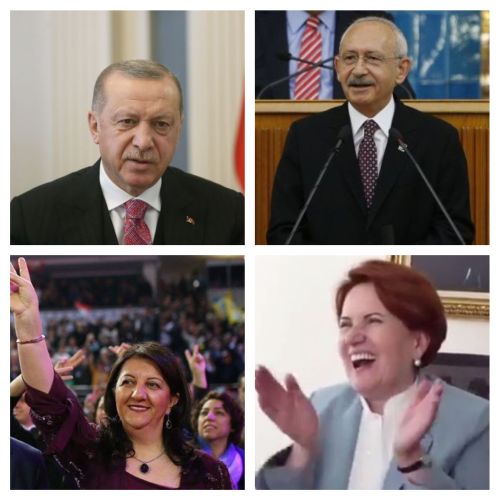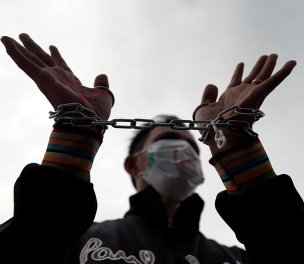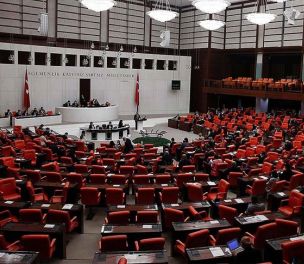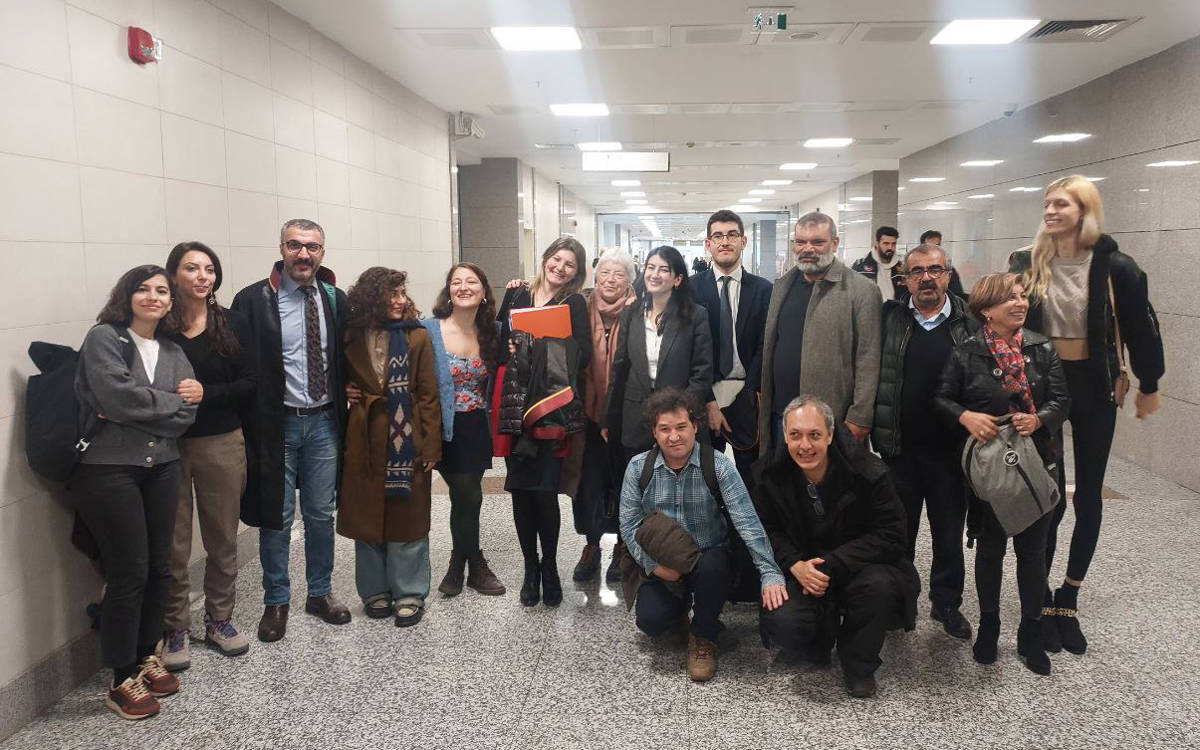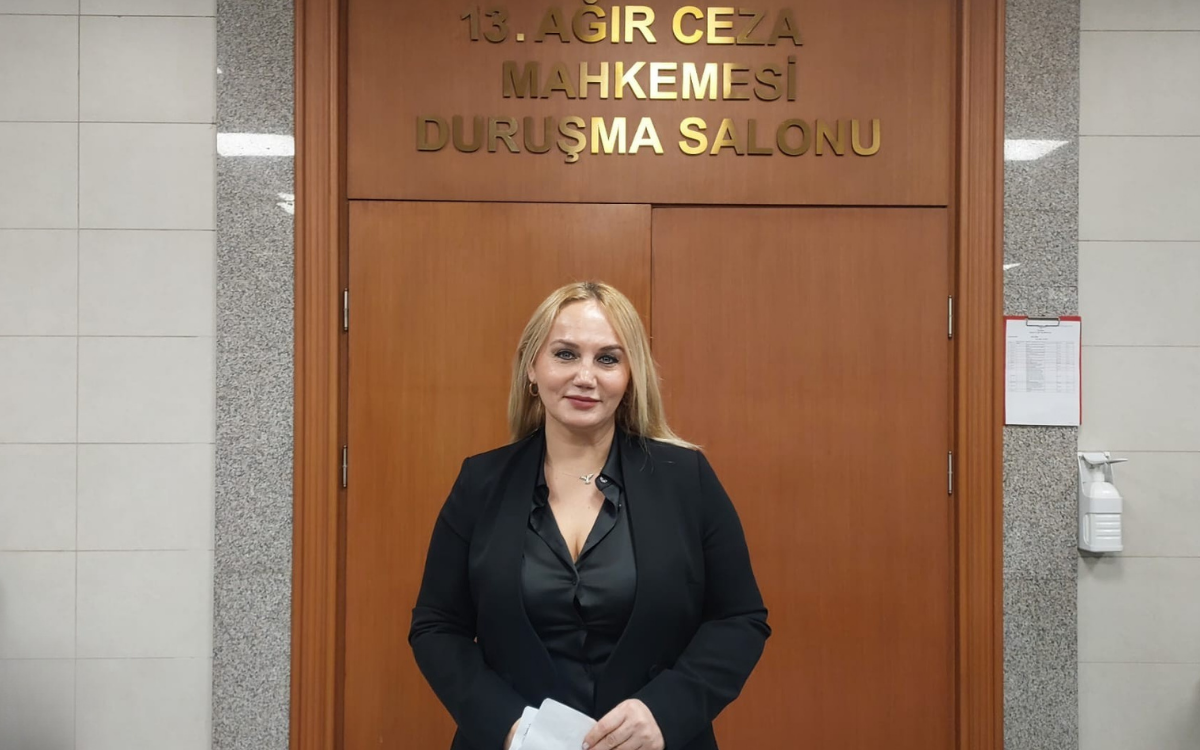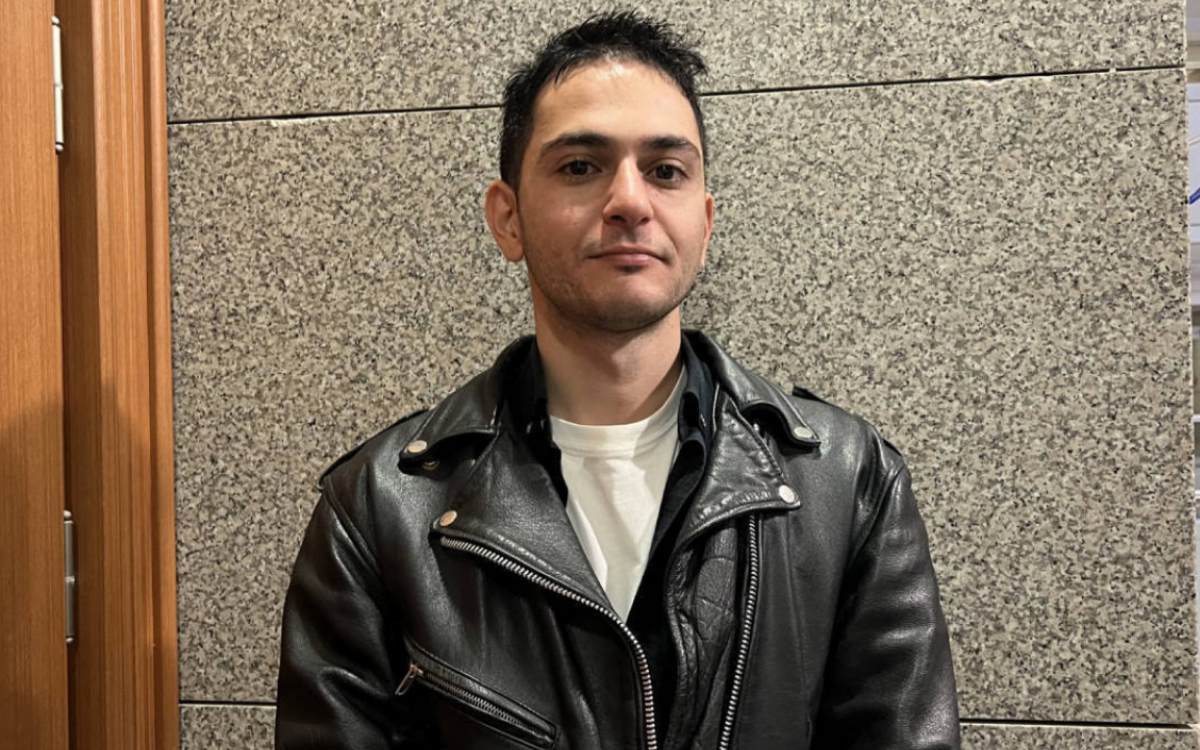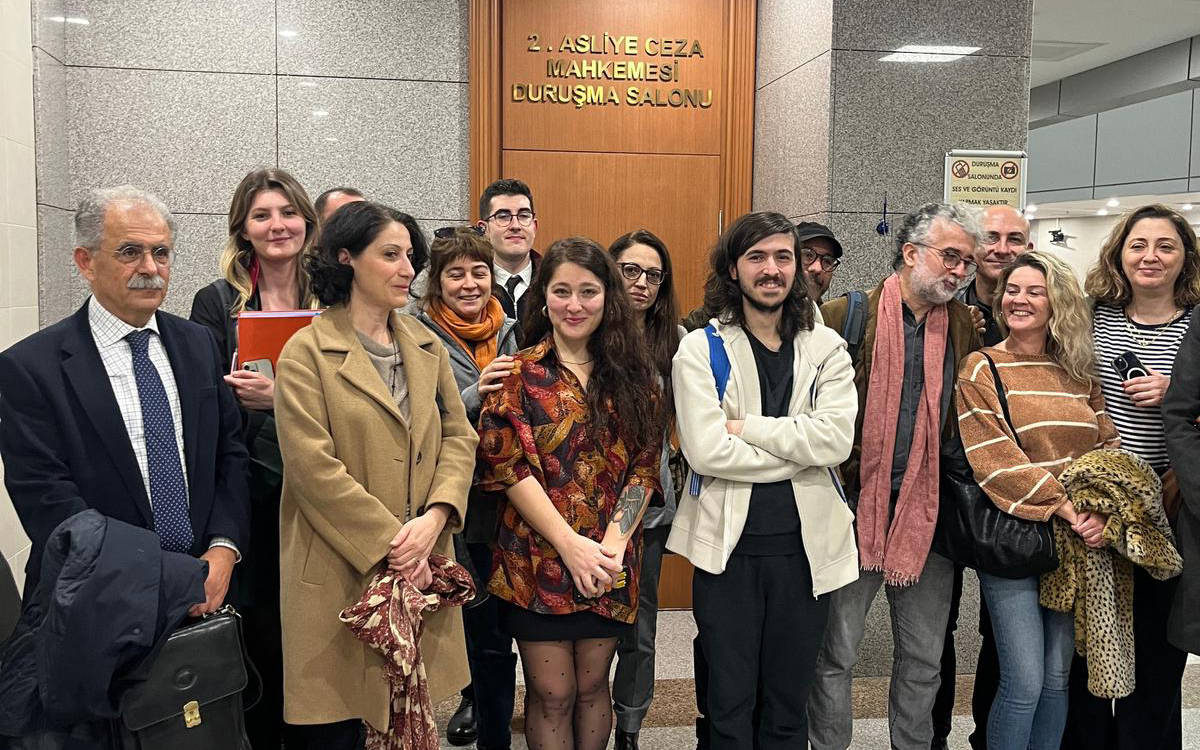Image: Chappatte
Click to read the article in Turkish
A social media bill prepared by the ruling Justice and Development Party (AKP) and Nationalist Movement Party (MHP) deputies was submitted to the parliament yesterday (July 21). Negotiations on the bill will start at the parliament's Justice Committee tomorrow.
According to the bill, social media companies will be obliged to have an office in Turkey and their representatives will be held accountable in legal affairs.The bandwith of companies that refuse to open an office will be throttled up to 90 percent. Also, social media companies will be asked to store users' data in Turkey.
We have spoken about the bill with Prof. Yaman Akdeniz from the Freedom of Expression Association and Bilgi University lecturer Gökhan Ahi.
"Harsh and unmeasured"
Ahi said such a law was not necessary as there have already been court decisions about the violation of private life, personal rights and intellectual and industrial property rights.
"A few small changes would be enough to make the system function better, he said, calling the bill "harsh and unmeasured."
"The government has not been able to tolerate criticism about itself for a long time. With this law, it wants to reduce criticism on the internet and social media, as well as to quickly access the identity of users with an anonymous account. It is thought that the way to do this is [social media companies] having a representative in Turkey.
"The example of Germany is being talked about. The law that came into force in Germany in 2018 obligated internet platforms and social media companies to take action against hate speech, insult and terrorist propaganda. Illegal content has to be deleted within 24 hours and user complaints have to be examined within 48 hours.
"Although this regulation is not aimed at preventing freedom of expression, the way the law is implemented can create a lot of problems. Because everyone can otherize an idea that they don't adopt and take legal action against it. There is intense criticism that it hinders freedom of expression.
This is a regulation the implementation of which is problematic even in Germany.
"This [the proposal in Turkey], on the other hand, is not a law of censorship, quite the contrary, it is a law of self-censorship. Self-censorship is more dangerous than censorship. If this law is passed, [people] may hesitate to freely express themselves, feeling that their information will be acquired, which means silencing dissenting voices, reducing criticism to the government and creating paranoia in society. If traffic [of social media companies] is restricted people will have to pay for VPN infrastructures, and their personal data can be moved to insecure environments.
"It is theoretically and practically impossible"
"Social media companies are asked to have a Turkish representative in Turkey. If this is not done, first, their advertisement revenues will be cut off, then, access to social media content will be gradually restricted. Similar to the example in Germany, but notifications about violations of private life and personal rights will be asked to be answered within 48 hours.
"Otherwise, a fine will be imposed as well. Also, if social media companies don't remove the content produced by users, they will be held responsible for the legal damage that may occur, which is not possible in theory and practice."
"Turkey will not only restrict dissenting content but also impose fines on social media companies. So, it also wants to have a pecuniary advantage."
"It should be categorically rejected"
Prof. Akdeniz recalls that 408,000 websites and 130,000 URLs are banned in Turkey as of the end of 2019.
Also, the penal judgeships of peace, which are authorized to block access to websites, will also be able to ask for the removal of content, he notes.
"I think [the bill] should be categorically rejected. Because there is nothing positive in it. It should be rejected by all opposition parties, social media platforms, users and should be opposed to without looking at its content.
"For example, one of the articles that won't be talked about is the fifth article. It affects everyone unconditionally. Previously, the penal judgeships of peace could only give a ruling of an access block. Agencies or platforms wouldn't be notified of the verdicts but they will be notified now. Because the Union of Content Providers will ask you to remove the content.
"If the proposal passes into law, you will have to delete a news report when a court verdict comes. It's the same for Twitter, Facebook, YouTube.
"They talk about representatives of social media providers. If they don't come, they will throttle bandwidths. Throttling of bandwidth by 90 percent means not being able to post a tweet, share a picture. It means not being able to make a broadcast on YouTube.
"When they come, they will be a part of the judicial system in Turkey and will have to enforce verdicts.
"In short, this law proposal is a different aspect of censorship. We are going to a higher level. If it is enacted, a dark period is waiting for Turkey. They want to make [access] blocks much more effective.
"This is not a draft bill to be hastily passed in the parliament before the [Sacrifice] Feast." (HA/VK)





.jpg)
-132.jpg)




